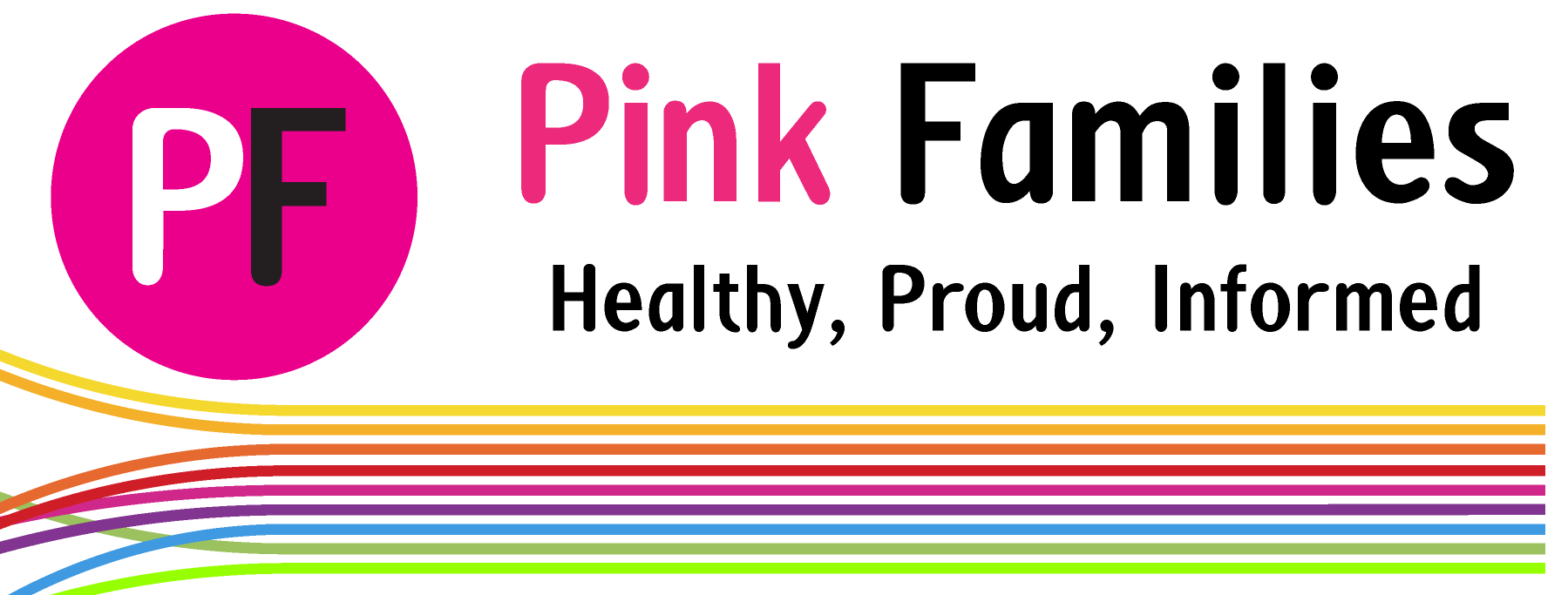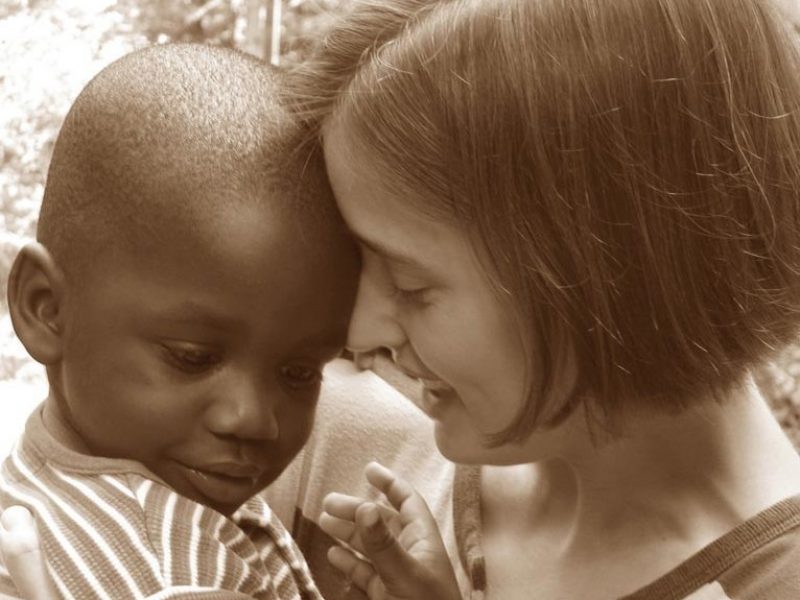What did the researchers measure?
In this study, the researchers investigated cognitive (thinking) and behavioral problems experienced by children who have been adopted. They examined this over a two-year period.
During these two years, they measured cognition and behavior at three points in time points. They measured cognition and behavior at two months, at 12 months and then again at two years.
Did they find any differences between gay adoption and straight adoption?
They found that, on average, adopted children did well over time. This was the case for all types of parents. There were basically no differences based on the type of parents that the adopted children had. Gay adoption did not influence the child’s outcomes.
This study showed that children with gay or lesbian parents do just as well as parents who identify as straight. This is encouraging news about gay adoption.
Higher-risk backgrounds
However, they also found that children matched with lesbian or gay parents came from higher-risk backgrounds. For example, the children adopted by lesbian or gay parents had already been placed with many other families before being adopted by the lesbian or gay parent(s).
Different ethnic backgrounds
In addition, they found that the children adopted by lesbian and gay parents were more likely to have an ethnic background different to their own. For example, African American children were being placed more frequently with Caucasian American lesbian and gay adoptive parents. While Caucasian American children were being placed more frequently with Caucasian American straight parents.
Better, unfair or just more open to diversity?
This study highlights some interesting questions. In particular, it raises the question as to why lesbian and gay parents adopt children from more complicated backgrounds and why do they more frequently adopt children with ethnic backgrounds that are different to their own?
If this is the case then it makes sense that the agencies will match lesbian and gay parents with children from more complicated backgrounds as they know lesbian and gay adoptive parents will be good parent(s) to the children.
Or is it a case of systematic discrimination?
Do adoption agencies place children with lower risks with straight couples or individuals, and place the children with higher risks with lesbian and gay individuals and couples?
What did the researchers think?
The researchers suggested that it might be due to two reasons.
First, the authors suggested that it might be because both gay and lesbian parents feel that they need to be more open to different options in order to be able to adopt children.
This means that in in order to adopt, lesbian and gay parents may feel that they need to be more open to adopting children with higher-background risk, for example. Doing this may help increase lesbian and gay parents chances of adopting.
Second, they thought that gay and lesbian parents may be more open to adopting a child with an ethnic background different to their own, as they are more open to diversity.
If truth be known, we don’t really know the answer to these questions. Either way, the study raises some interesting questions.
What next?
Even though we don’t know the reasons for these findings, the study highlights that we should be aware of all of our options when it comes to finding the right child to join our family. Remember that lesbian and gay parent(s) make just as good parents as heterosexual individuals and couples. Also, know that research that tracks children over time shows that children adopted to lesbian and gay couples do just as well as those placed with their straight counterparts. This is very encouraging news for lesbian and gay parents.
References
Lavner JA, Waterman J, Peplau LA. Can Gay and Lesbian Parents Promote Healthy Development in High-Risk Children Adopted from Foster Care? American Journal of Orthopsychiatry 2012;82(4):465-472.
An expert from Stanford University (US), Professor Michael Rosenfeld says there is no deficit for children raised by same-sex couples.


